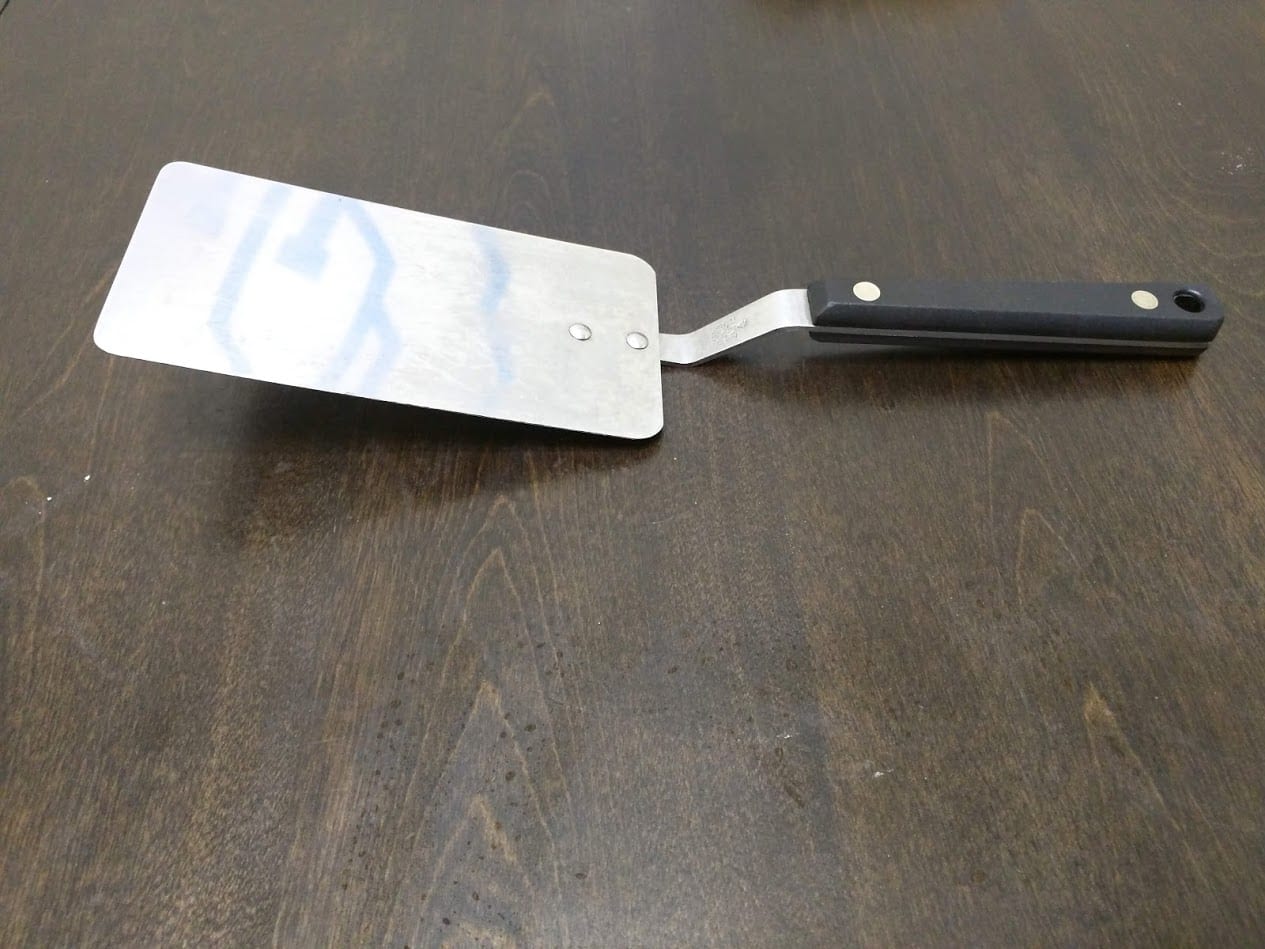Gifts Which Money Cannot Buy
From a pure consumption perspective, the basic problem of gift-giving is that you usually know what you want better than I know what you want. If we both buy each other $20 gifts, then we’ll probably end up with things we want less than whatever we would have bought ourselves for $20. The ceremony and social occasion of gift-giving adds enough value to offset the downsides, but we still end up with entire stores selling useless crap which is given as a gift and then promptly disposed of by the recipient.

We can minimize the problem with wish-lists or gifting cash, but that’s still just buying people the things they’d likely buy for themselves anyway (modulo general thriftiness). What if I want to choose gifts in a way that directly adds real value? In other words: I want to choose gifts which will give someone more value than whatever they would have bought themselves.
On the face of it, this sounds rather… presumptuous. The only way this makes sense is if I know what you want better than you know what you want, in at least some cases.
On the other hand, there are things which money alone cannot buy—specifically knowledge and expertise. If I do not have enough knowledge in an area to distinguish true experts from those who claim to be experts, then I cannot efficiently buy myself the products of true expertise. If you do have enough knowledge to distinguish true experts, or to act as an expert yourself, then that creates an opportunity for value-added gift giving: you can buy the products of true expertise as a gift for me.
A few examples…
My father is into cooking, and has strong opinions about spatulas. A spatula should have some give without being floppy, have a reasonably long lifting-part and a comfortable handle, be dishwasher-safe, and under no circumstances should a spatula be made of plastic. He spent years searching for the perfect spatula, and finally settled on one. I once told him that in his will I wanted him to leave me the spatula—my brother and sister can have the rest, I didn’t need the house or whatever money might be left, but I wanted that spatula.
That particular spatula is no longer in production, but they weren’t very rare when they were made, so he kept an eye out for them at yard sales and the like. A few years ago, he gave me one such spatula for Christmas. That’s a gift that money alone cannot buy.

A less dramatic example: my father enjoys the sort of light econ books which are popular in rationalist-adjacent circles—think Elephant in the Brain or David Friedman’s lighter books. But he doesn’t have a social circle which recommends and reviews such books. The best he can do is go to a bookstore and look around, or keep an eye on authors he’s read before, or look at Amazon’s recommendations. As a side benefit of reading econ and rationalist blogs, I can often pick out good books for my father that he wouldn’t have encountered himself.
Similarly: I have a group of friends who are really into board games. Prior to the pandemic, we’d have game night once or twice a week. They had a large collection and kept up with new releases, so I’ve experienced a reasonably wide array of games. By contrast, my parents enjoy board games, but they grew up with Hasbro crap and don’t have a social circle which exposes them to anything decent. So, I’ve taken to buying them games as gifts. These have been quite high-value—for instance, they still bring Love Letter with them whenever they travel. (As an added bonus, the new games are good for socializing with the family during the holidays.)
An example from this year: I’ve been to Shanghai with my girlfriend several times. She speaks the language, I don’t. There’s a bunch of tasty chinese foods which are basically-unheard-of in the US; often they don’t even have standard English names. (I’m particularly fond of Xinjiang/Uyghur ethnic food.) They’re rare even in authentic Chinese restaurants here, and looking up recipes is hard-to-impossible—even when I can find a recipe in English, it’s usually some bland knockoff written by a white Midwesterner whose idea of “spices” is “maybe a little salt and pepper”. So, for Christmas this year I asked my girlfriend for recipes for my favorite Chinese foods.
These are all gifts which money alone cannot buy—at a bare minimum, they’d require a large amount of extra effort just to turn the money into the product. The general rule is: think about what knowledge or expertise you have which the gift-recipient lacks, and try to use that expertise to produce a gift which the recipient would not be able to buy for themselves, or would not know to buy for themselves.
My summary: Give gifts using the parts of your world-model that are strongest. Usually the answer isn’t going to end up being based on your understanding of their hobby.
I would think about relative advantage rather than just which parts of your world-model are strongest, but roughly speaking I agree with this.
Upvoted for summary/author response format.
I already believed this, but I’m glad that this concept is now written up so I can point to it in the future!
Another frame: A lot of people seem to think “oh, Billy likes cookbooks, I’ll buy him a cookbook since he’ll probably like that”. But that’s exactly backwards! Billy has spent a lot of time figuring out which cookbooks are the best, which ones suit his tastes; it’s very unlikely that your money spent on a cookbook you picked more-or-less at random would be spent nearly as efficiently as if you just gave the money to Billy straight up. Conversely, you would have to spend a lot more effort to research the space of cookbooks to give even a passingly good gift.
Instead, just give him something where you have comparative advantage; something from a hobby you enjoy that is a bit foreign to the recipient. The best gift I ever got was a sketchbook and set of drawing pencils; I know nothing about art, but appreciated the gentle nudge from an experienced artist.
Expanded into a shortform blog post! https://austinsibly.substack.com/p/the-best-gift-i-ever-got
I think this is a big part of why gift cards are popular gifts: you’re admitting this fact, while also knowing what they like and what they enjoy shopping for. I also agree your “Instead” option is even better, if harder to do well.
My strategy for gifts is to give cash, and a hand-written letter why and a suggestion for something to buy from that money. This finds a useful compromise between
signaling effort spent on the present
sentimental value
self-determination for the present-receiver
their use of my expertise
Ao far, this has worked well (n=4).
A couple of examples where I think I’ve met this standard:
Good quality insulated cup
Remote control for house alarm
Transposed musical scores for clarinet
I think I end up succeeding when I buy something the other person just hasn’t thought of how useful it would be.
I’d love to hear examples from other people as I suspect they would give me some ideas for Christmas!